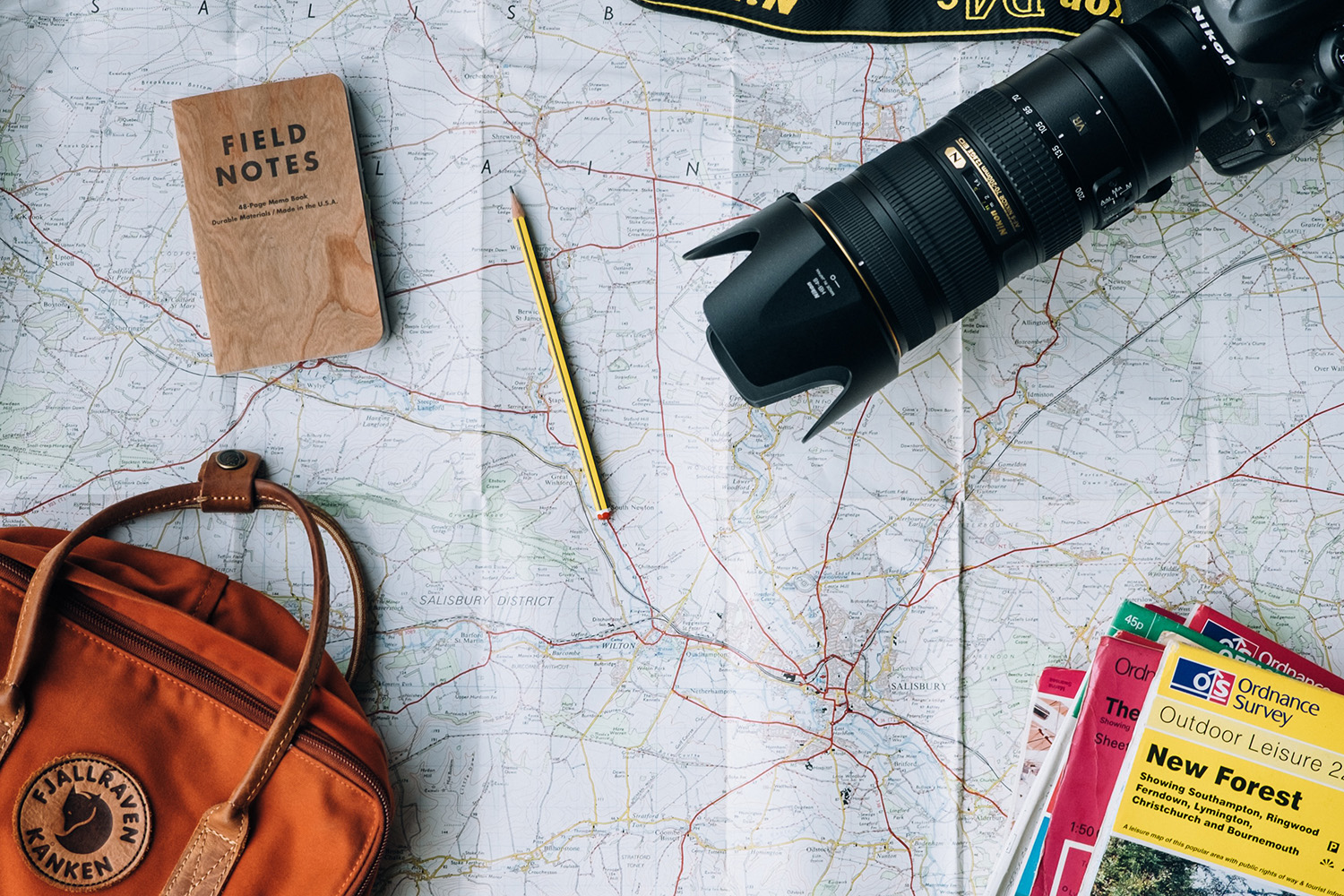Money-Saving Travel Tips
Travel season is officially here and according to The U.S. Travel Association, U.S. travelers spend an average of “$2.6 billion a day, $108.1 million an hour, $1.8 million a minute and $30,033 a second” on travel. From an urban weekend getaway to a month long backpacking trip, how can you save money while traveling? Many travelers don’t utilize all of the resources available when planning and booking vacations. Today, we’re sharing some our favorite tips for saving big when booking your next trip!
Travel
If you are thinking about planning a vacation, but do not have a set destination in mind, research 'jump cities'. These are cities that are located near large destination cities with popular tourist attractions or events. You'll find that many jump cities are situated close enough to take an excursion to the more popular 'destination city'.
When researching destinations, it’s also important to consider the various types of transportation offered and their costs. Often, driving can save you quite a bit of money compared to flying, especially when traveling as a group. However, if driving isn’t an option for you, explore different airports. Sometimes it will be more cost-effective to travel to a further airport for a less expensive flight. If you do not have a set time to travel, be sure that you’re not traveling during high tourist times. You can find the best time to travel to many different locations worldwide at http://www.besttimetogo.com.
Bundle Reservations
Bundling your airfare with a hotel or car rental can more often than not save you money in the long run. Many companies partner up to offer low cost services together. There any many travel sites that can be utilized to find the best deals for you, such as Expedia, Hotwire, Kayak, and Skyscanner.
Apartment/Home Rentals
Vacation rentals have become increasingly popular in recent years, with the rise of apps and websites, such as Airbnb, HomeAway, and VRBO. Booking a vacation home for the duration of your trip is often much more cost-effective than a hotel room because you can accommodate more people in a single space and save money by cooking meals at “home” as opposed to dining out every meal.
Hidden Fees
When booking trips, it’s important to be on the lookout for hidden fees. Many airlines will charge you for extra baggage, choosing your seat, a meal, or a variety of other add-ons when booking your flight. Be sure to read the fine print and make sure you are not paying additional for unnecessary services. The same goes for booking hotel rooms and vacation homes. When reserving your accommodations, make sure there is no additional charge per person or amenity charges that you will not use.
Dining
Many hotels offer complimentary breakfast or dinner. Take advantage of this, as it could save you more money for entertainment. Generally, dinner prices in tourism-dependent cities will be higher than their breakfast and lunch prices. Often, you can find restaurants that have a similar lunch and dinner menu with the lunch menu being at a higher discount. Take the time to enjoy lunch and make it your meal of the day when traveling.
Pets
If you plan on bringing a pet with you while you vacation, make sure you are comfortable with the extra expenses this may incur. If you’re leaving your pet at home, rather than paying a kennel rate, look into a sitter. This can often be relatively less expensive than kennel services. If you have friends or family you trust with your pet, you can also save money by asking them to take care of your pet for the duration of the trip.
Tourism
If you plan to partake in tourist activities, stop by a tourism office, where you can often find discounts. For big events and popular attractions, try to book your tickets at least a week in advance, as prices usually rise as the day of the event approaches.
We understand that budgets can deter people from traveling. However, by researching different resources and strategically planning, you may be able to book your next trip without making major sacrifices.

